All the partners in the SOLID project met at the European Economic and Social Council in Brussels on 12 July to take stock of this project funded by the European Commission. 100 recommendations were put forward for successfully developing social dialogue between employers‘ and employees’ unions, and with civil society in all the countries of the Mediterranean. Exclusive report.
Under the SOLID – South Med Social Dialogue – project, the social partners and civil society organisations (CSOs) of the southern Mediterranean (Morocco, Algeria, Tunisia, Jordan, Palestine and Lebanon) believe that social dialogue is an effective mechanism for achieving development, establishing peace and promoting social security.
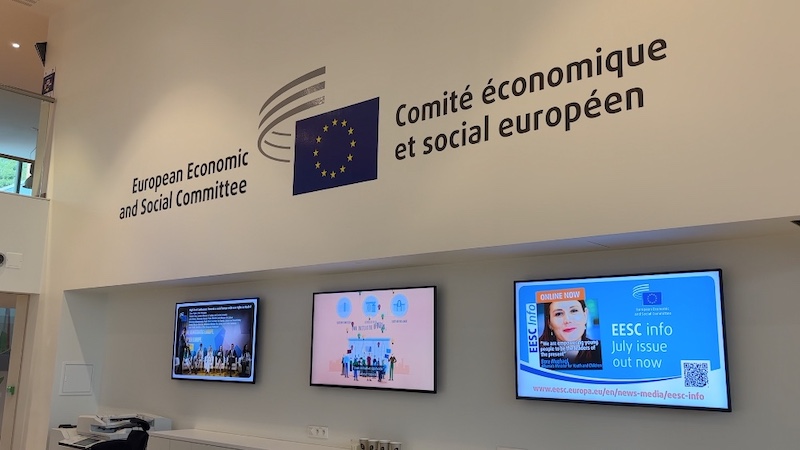
‘We are aware that the political, social and economic crises in the region have led to the inability of countries to make progress towards achieving development goals, and that national economies have become unable to recover, diversify and compete due to successive disruptions in global, regional and national markets, including the shock of COVID-19, he resulting gradual decline in local and foreign demand, the drop in trade transactions, the reduction in production, the deterioration in financial conditions, and the repercussions of the Russian-Ukrainian war on the prices of oil, gas and basic foodstuffs’, say SOLID’s partners.
Ensuring political stability
In order to overcome these crises, and because it is important to conduct a social dialogue to introduce reforms that strengthen the resilience of the economies of the southern Mediterranean to shocks, it is necessary to ensure a successful economic transition to the fourth industrial revolution. This can be achieved by accelerating the pace of digital transformation, fostering learning societies and promoting the exchange of knowledge to stimulate innovation and creativity, and ultimately foster development.
Social cohesion is a fundamental indicator of national and regional stability, and social dialogue is an essential tool for resolving social problems. Dialogue with civil society is important for strengthening the role of the state in its relations with society in a democratic climate and for ensuring political stability.
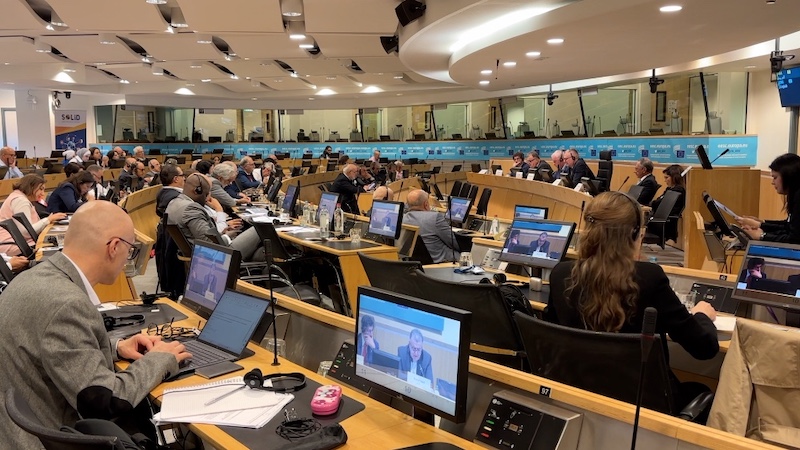
‘The SOLID project was created in response to the need for dialogue on the sustainable development objectives in the southern Mediterranean countries, where it has been detected that the social partners are not being consulted’, adds Dr Hind Ben Ammar, Executive Secretary of the Confederation of Arab Trade Unions.
Dismantling discriminatory barriers
This requires the adoption of participatory policies that balance economic interests with the social benefits increased by drastic changes in the labour market, the absence of developmental justice, constant demographic growth, the erosion of middle-class living capacities and the erosion of service infrastructures.
And to understand that peace, security and democracy are the pillars for achieving global stability and building the pillars of the welfare state, and that they are a crucial bridge to achieving equality, dismantling discriminatory barriers based on gender, race, creed, thought and practice, and fostering societies based on justice and equality.
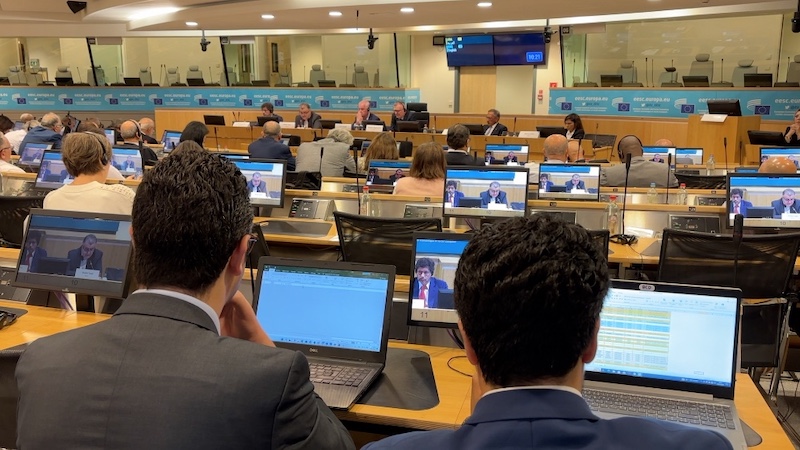
Luc TRIANGLE, General Secretary of the International Trade Union Confederation (ITUC), which brings together 340 global unions in 169 countries and has 200 million members: ‘It is social dialogue that also manages transitions, the challenges of industry and business, and so on. It’s something we all have to do together: manage these transitions. And for that, social dialogue is crucial.’
Involving professional bodies
To build on and extend the results of the Promotion of Social Dialogue in the Southern Mediterranean (SOLID 1), based on the economic, social and human rights foundations described in the Solidarity Charter, to pave the way for a new charter that addresses the five major transitions facing the region.
In order to achieve parallelism in capacity building for social dialogue and the achievement of the Sustainable Development Goals between the social partners in Algeria, Palestine and Lebanon, as new entrants to the programme, and their counterparts in the countries participating in the first version of the programme.
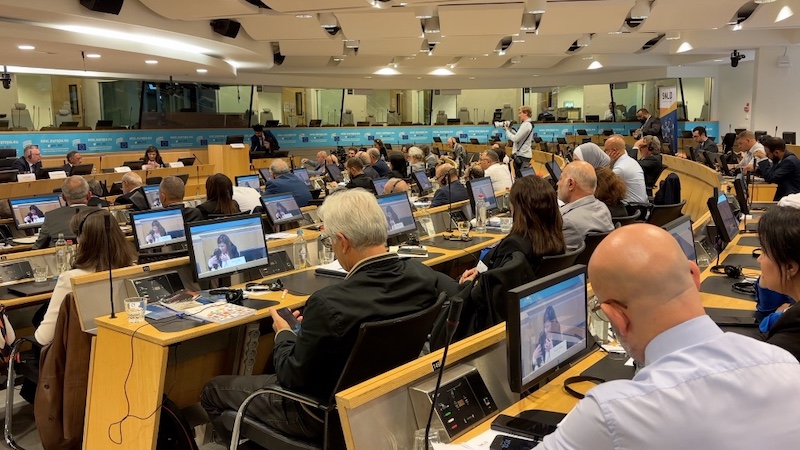
As the founding members firmly believe in the strategic approach of geographical expansion to engage social parties in Algeria, Palestine and Lebanon, they stress the importance of achieving sectoral expansion to involve professional bodies and elected local authorities.
A Charter for major transitions
The International Trade Union Federation (ITF), the Arab Trade Union Confederation (ATUC), the Union of Mediterranean Business Confederations (BUSINESSMED) and the Arab Network of CSOs, with funding from the European Union, have launched the second phase of the ‘SOLID 2’ programme, focusing on the development of a charter that provides answers and proposals from the point of view of the social partners and CSOs.
‘It’s very important, because in the trade union, there are the people who are represented in the trade union, but the most vulnerable don’t have the opportunity to be heard, says Tamam MROUE, Executive Director of the Lebanese NGO “Mouvement Social”. So they can play this role. At the same time, they have the capacity and expertise to lobby the authorities and, at the same time, to act as a link between the most vulnerable and the authorities.’
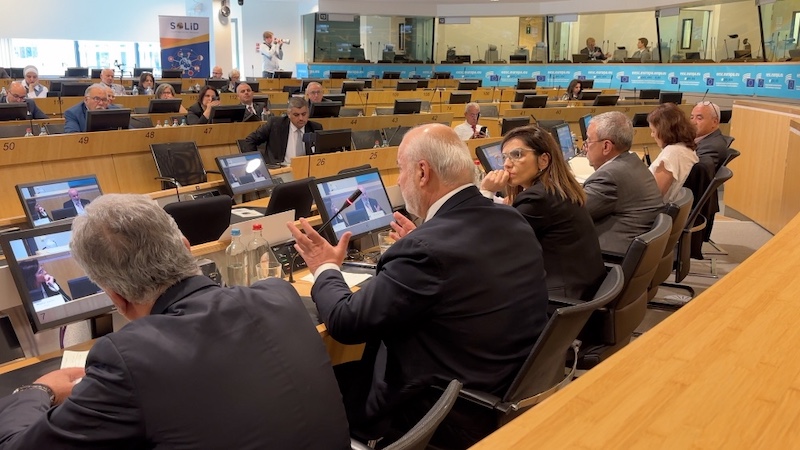
The Charter will address the major transitions underway in the region, including :
– Democratic, security and peace transitions
– The transition to equitable economic development
– The transition to social justice
– The transition to equitable and innovative societies
– Fair climate and energy transition
This Charter, entitled ‘Charter for Economic, Social, Human Rights, Democratic and Environmental Transitions in the Southern Mediterranean’, should make it possible to formulate a future work programme to translate and operationalise the results of SOLiD in its first and second versions on national policies.
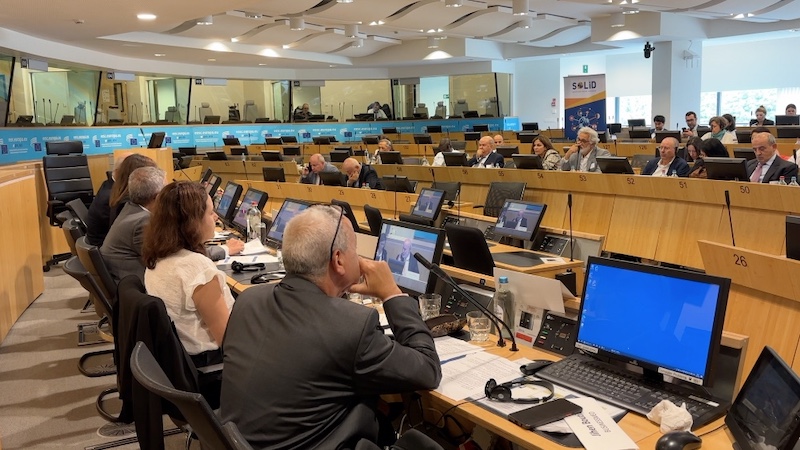
‘SOLID is a platform for exchanging ideas, thoughts and problems collectively, and it surprises leaders with the many commonalities and mutual interests that they share, concludes Tarek TAWFIK, President of BUSINESSMED. Bringing everyone together was a very good idea from the outset.’
About phase 2 of the SOLID project
The SOLID project is the result of long-term support from the European Union to strengthen social dialogue in the southern Mediterranean countries, by reinforcing economic and social councils and gradually opening up dialogue to civil society organisations.
Phase 1 of the SOLID pilot project, implemented in three countries (Jordan, Morocco and Tunisia), integrated civil society organisations as full partners in the project alongside employers’ associations and trade union confederations, and made it possible to achieve 12 of the Millennium Development Goals in the region.
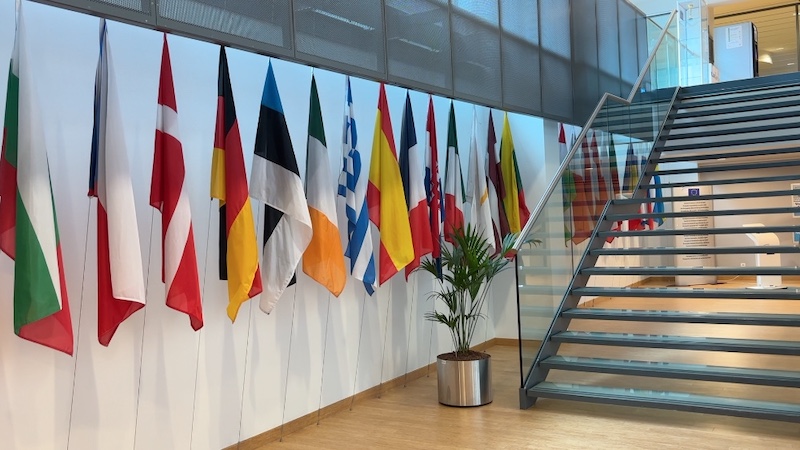
The second phase of the SOLID project was implemented by the International Trade Union Confederation (ITUC) and its partners and aims to support the efforts of the beneficiary parties to build an inclusive and structured social dialogue in the southern Mediterranean neighbourhood.
In addition, the project has endeavoured to translate the results of the SOLID charter for the promotion of social dialogue into concrete national action plans for the beneficiary countries of the first phase of the project and with the expansion to 3 new countries, Algeria, Lebanon and Palestine.
All the partners are now looking to the European Union for approval of a SOLID 3 project to implement the 100 recommendations for successful social dialogue between trade unions and governments in the Mediterranean countries.
Photo credit: ©Denys Bedarride/Ecomnews







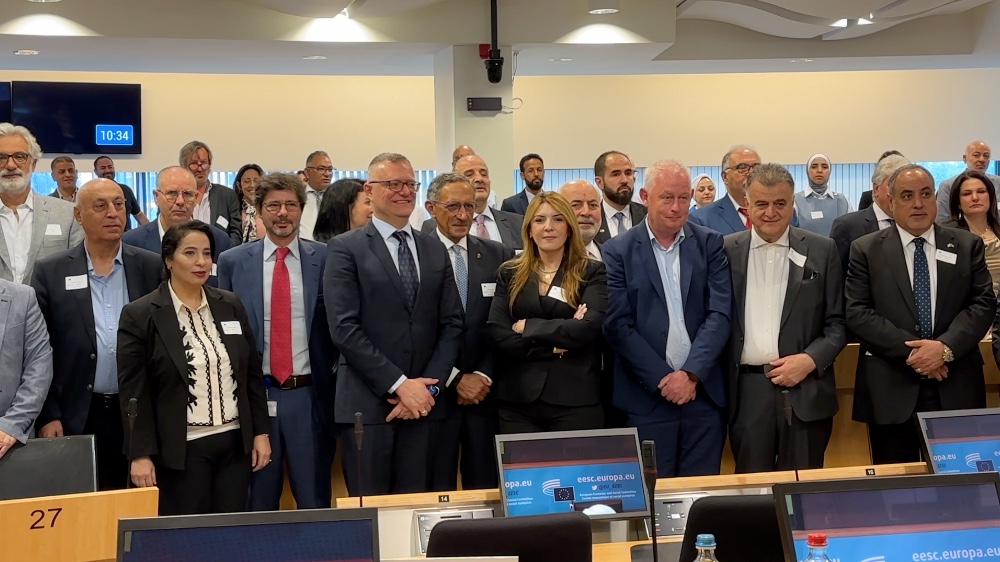
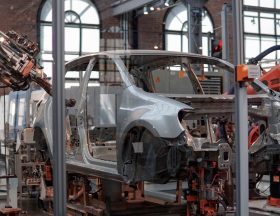
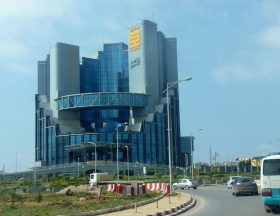
Réagissez à cet article